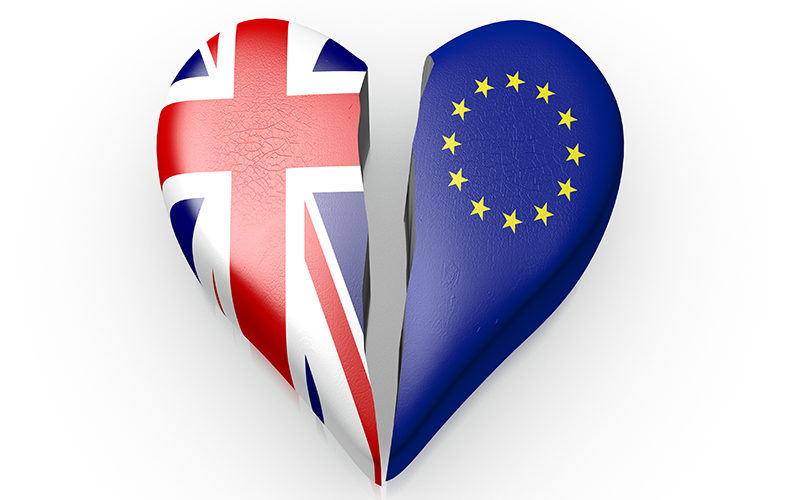The UK will officially cease to be a member of the EU on the 1st January 2021. We are currently in a transition period whereby the UK for most purposes, is still treated as though it is an EU member state. However, this transition period will come to an end on 31st December 2020 and we will finally start to experience the impact of Brexit following the end of this period.
TRADE
The UK’s current trade agreements that are covered by the EU will cease to apply from the 1st January 2021. Consequently, there will be a significant change in the way that the UK currently conducts its trade with EU countries.
The EU Common Customs Tariff will be replaced by the UK Global Tariff which will be at an average rate of 6% as opposed to the EU’s 7% rate and is intended to give the UK industry a competitive advantage over the EU. Tariffs will apply to all goods imported into the UK unless the goods are from a country that has its own trade agreement with the UK, a developing country that is part of the Generalised Scheme of Preferences so pays less or no duty or if the goods have a relief or tariff suspension.
In relation to exports, goods travelling from the UK to EU will need to be assessed on a case to case basis to determine whether it can move into the EU. Even if the UK strikes a free trade deal with the EU, tariff exemptions will only apply to those goods that can be proven to be of UK origin. In some cases, this will prove to be difficult for example, the EU requires that 55% of the value added to an automobile needs to be added in the country of origin whereas most of the vehicles exported from the UK have an average UK added value of 44%.
Businesses will therefore need to review their manufacturing processes and consider whether it can modify its methods in order to benefit from a tariff exemption.
Moreover, border formalities will be more stringent as the UK will no longer benefit from ‘mutual recognition’ which allows goods accepted by one EU member state to be considered as acceptable across the whole EU. Goods being sold to the EU states by the UK will therefore have to satisfy the regulations and requirements of each EU member state it intends to trade with.
Businesses will need to ensure that goods are certified for sale and use in the single market, all necessary licences and health certificates are in place and are fully compliant with EU requirements to enable it to pass the borders of EU member states.
Thereby, businesses should review their customer base and assess the extent to which their business could be impacted by a post-Brexit market. It could be that a business’ customers or suppliers are largely based in the EU. This could make the business more vulnerable to currency volatility, new custom charges and regulatory requirements- which could then result in delays in supply chains which can affect the shelf-lives and lead-times of products.
It would also be wise for UK businesses to consider spreading their business across both EU and UK markets to avoid an over-reliance on the EU market due to the risks identified above.
Changes in import and export rules will have a knock-on effect on the supply chains of businesses.
For further information or assistance on this matter, please contact Dan Dowen at ddowen@berrysmith.com or alternatively please call 029 20 345511 and ask for the Commercial Team.
